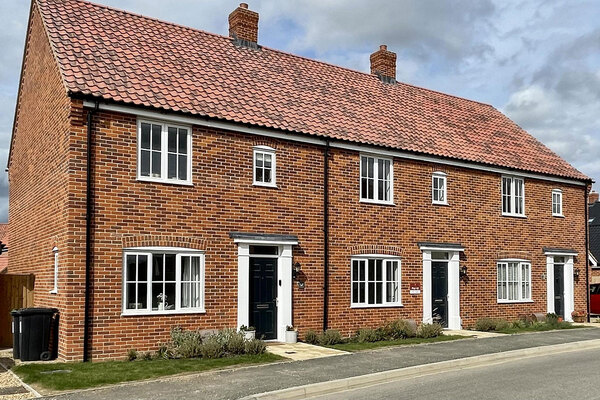You are viewing 1 of your 1 free articles
Scottish court dismisses council's £12m claim about carbon dioxide seepage
A Scottish appeal court has dismissed a claim by Midlothian Council seeking £12m in damages after a 64-home development had to be abandoned.
Midlothian Council had to abandon a 64-home site built in 2009 after carbon dioxide was detected from a disused mine. Residents began reporting health problems in 2013 and were later evacuated.
A commercial judge had already ruled against the council and in the appeal the Inner House of the Court of Session ruled that the development’s lead consultant, Bracewell Stirling, was not liable to pay the £12m in damages the council was seeking.
A report from NHS Lothian, published at the end of last year, found the seepage of carbon dioxide into the houses was a “rare, complex and costly incident” and is “probably the most serious CO2-related incident in Scotland”. The report said 22 residents out of 165 had made contact with local health services with complaints of headaches, dizziness, dry coughs and anxiety.
The council said investigations of the site carried out by Raeburn Drilling & Geotechnical in 2005, a sub-consultant on the development, should have uncovered “concentrations of the gas, which ought to have prompted a recommendation to install a ground gas defence system”, the court judgement said.
The court sought to establish whether Bracewell Stirling could be held responsible for the work carried out by subcontractors.
The court found that although under the contract between Bracewell Stirling and Midlothian Council that the architect firm had “full responsibility” for the design of the development, this only stretches to the architect’s responsibilities for “overall co-ordination of the design works” and should not be seen as “an acceptance of liability for anything that might ultimately go wrong with the design, no matter what its cause”.
A Midlothian Council spokesperson said: “The judgement of the Inner House of the Court of Session related to a preliminary legal point. The council will consider the judgement in consultation with its legal advisers before coming to a view on the future management of the case.”








